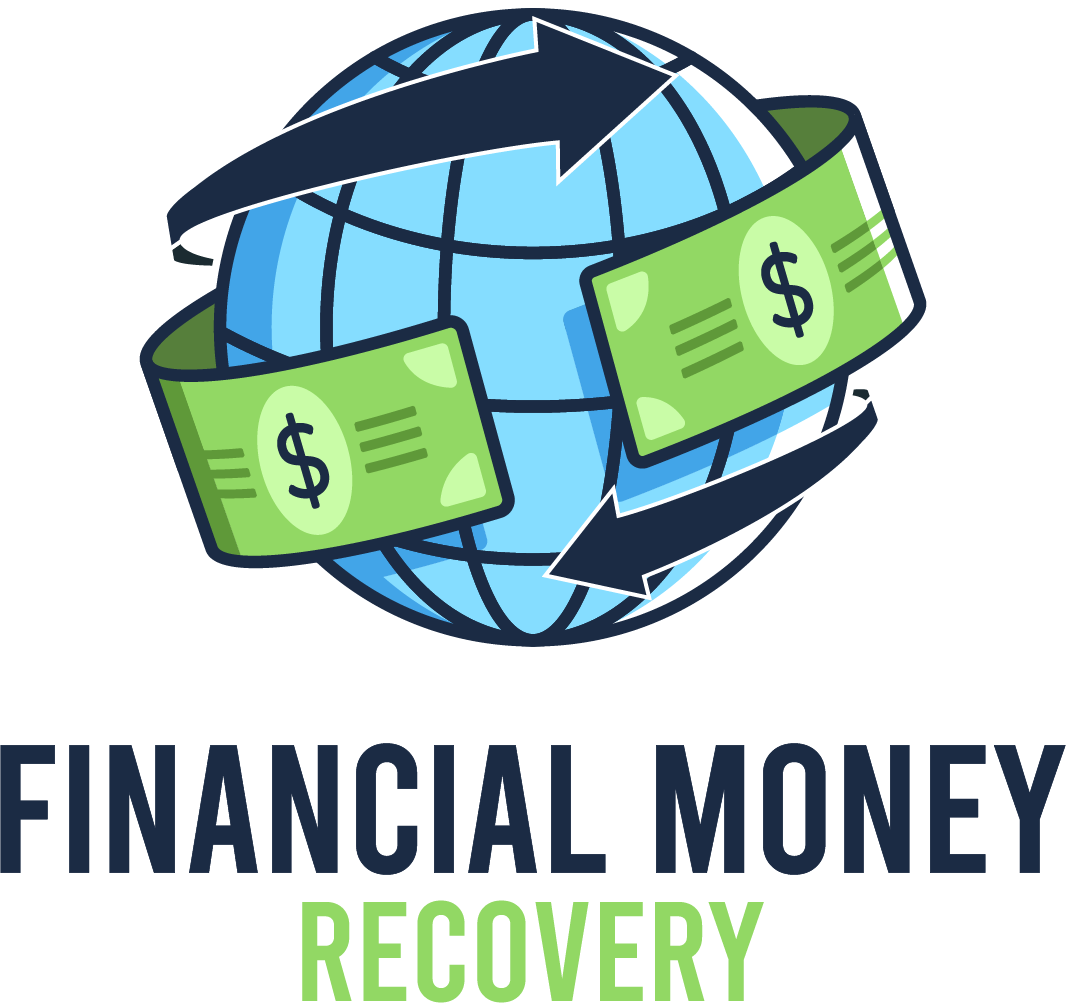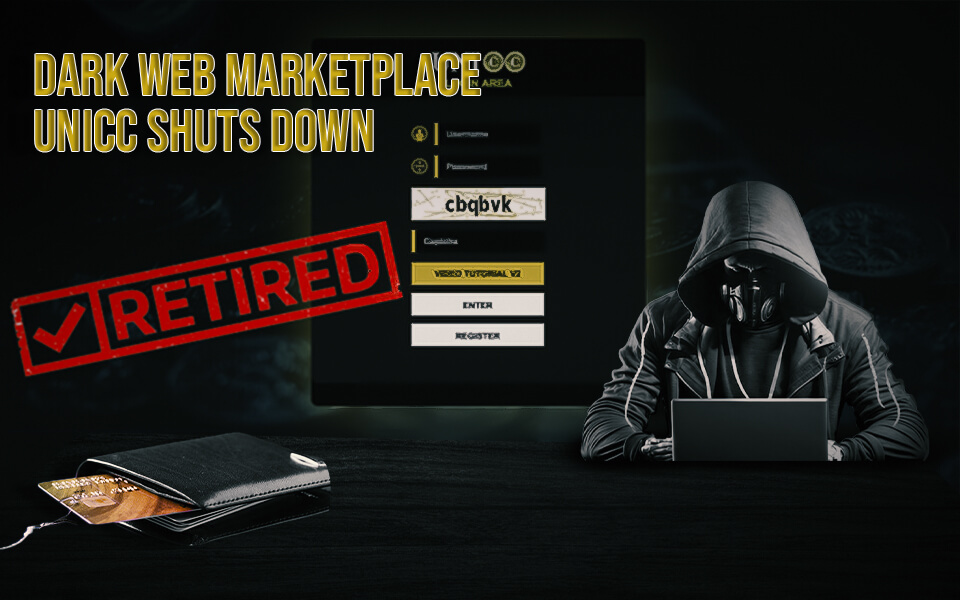



UniCC, the largest dark web marketplace for stolen credit and debit cards, announced its closure of operations in 2022. Throughout a span of nearly ten years, the platform accumulated $358 million in purchases, primarily conducted using cryptocurrencies such as Bitcoin, Litecoin, Ether, and Dash.
According to blockchain analytics firm Elliptic, the operators of UniCC shared a farewell message on dark web carding forums to announce their departure. They explicitly stated that their decision was not motivated by any conspiracy theories but rather by personal factors. The anonymous operators cited health concerns as a significant reason, explaining that they were unable to continue their work under the given circumstances.
The UniCC team provided users with a 10-day timeframe to utilize their remaining balances while advising caution regarding any fraudulent claims related to a potential return of the marketplace.
UniCC, like other similar underground platforms, facilitated the trade of stolen credit card details obtained from various sources, including online retailers, banks, and payment companies. These unlawfully acquired card details were exchanged for cryptocurrencies and subsequently used by criminal actors for unauthorized purchases, including high-value items and gift cards. Referred to as “carding,” this process not only proved financially lucrative but also played a role in laundering and cashing out cryptocurrency acquired through other cybercriminal activities.
UniCC’s closure took place one year after Joker’s Stash, the previous market leader, announced its retirement in January 2021. UniCC swiftly capitalized on this opportunity and rose to prominence, capturing a 30% market share, according to researchers at Elliptic.
The shutdown of UniCC added to the increasing number of criminal marketplaces voluntarily ceasing operations over the past year. This includes platforms such as White House Market, Cannazon, and Torrez. The inaccessibility of the Monopoly Market, suspected to be an exit scam, further contributed to this trend.
However, despite these closures, the demand for illicitly obtained credit card data continued to thrive, with sales surpassing 1.4 billion in Bitcoin alone. This high demand led to the emergence of new players in the field, swiftly filling the void left by defunct criminal entities, much like the ever-evolving landscape of ransomware.
One notable newcomer was All World Cards, which gained attention in May 2021. The platform made headlines by leaking data for one million credit cards stolen between 2018 and 2019 on a cybercrime forum. Most of the compromised cards were traced back to financial institutions such as the State Bank of India, Banco Santander, and Sutton Bank.
According to researchers at Elliptic, the wave of market closures may have influenced UniCC’s decision. Illicit actors often perceive such upheaval as an opportunity to abscond with users’ funds or retire to evade increased scrutiny from law enforcement agencies.